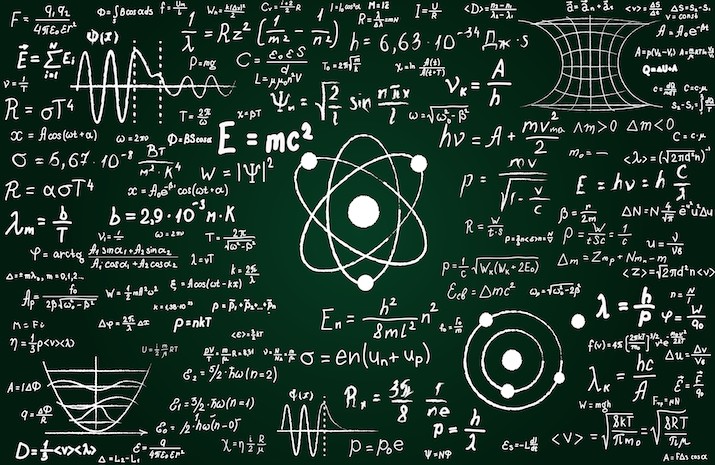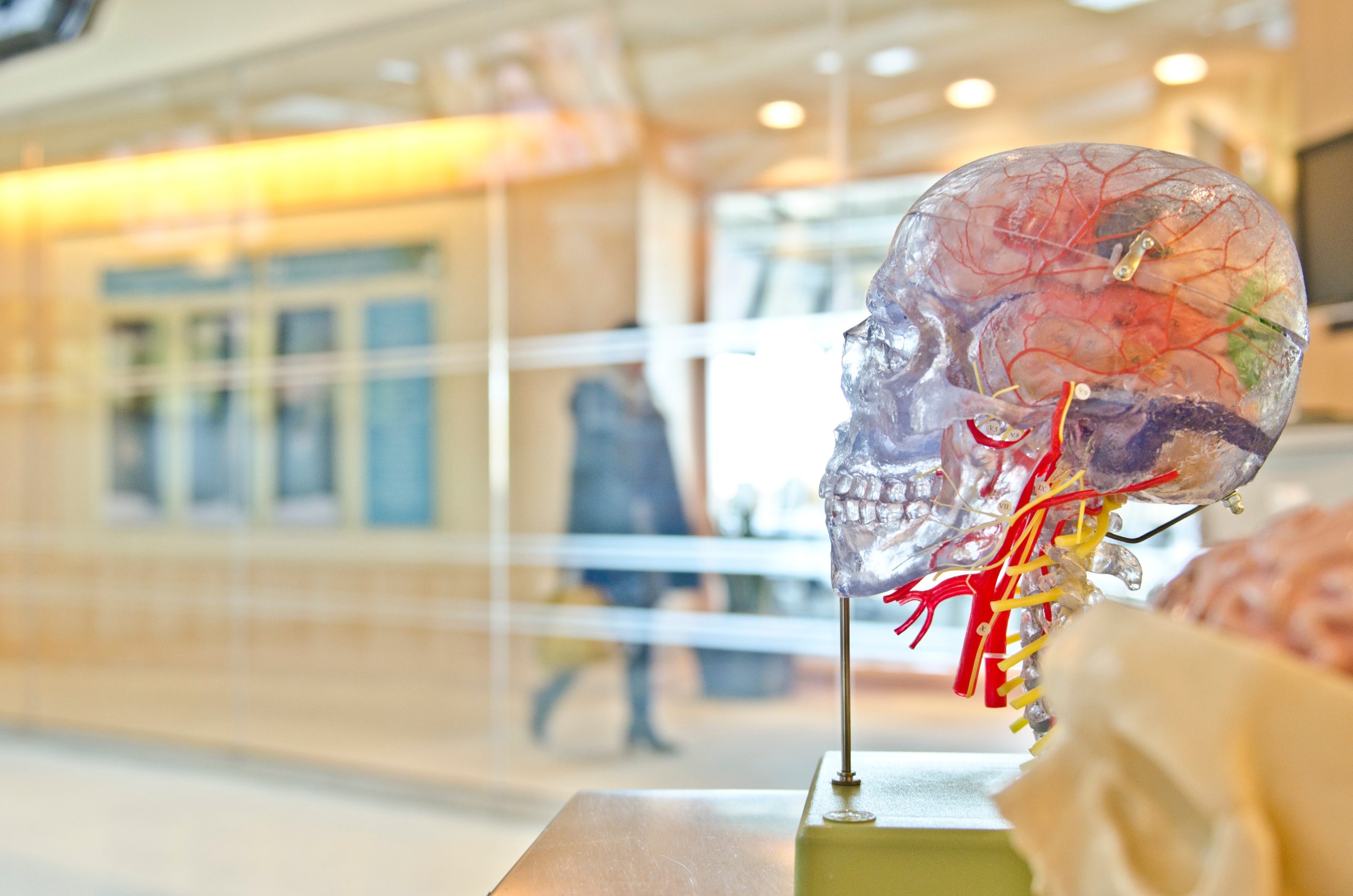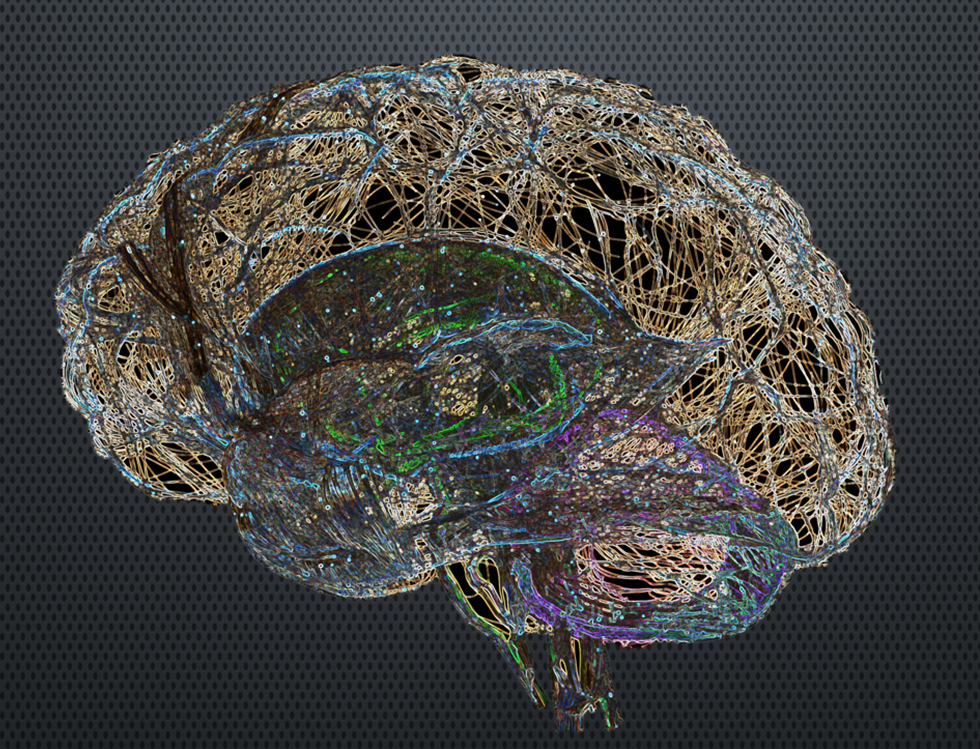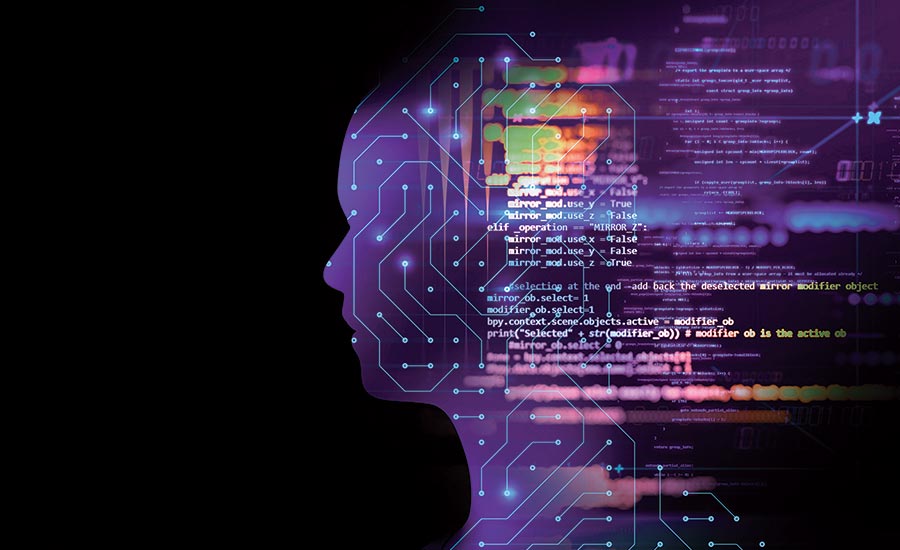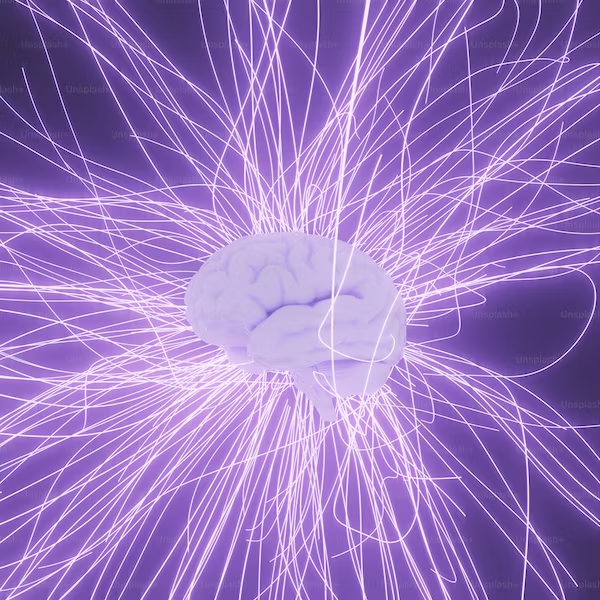QISS 2022: Quantum Information and Quantum Gravity Conference
CONFERENCE DESCRIPTION The Quantum Information Structure of Spacetime (QISS) interdisciplinary initiative in Quantum Information and Quantum Gravity is announcing its first large conference, QISS 2022, to be held at Western University, in London, Ontario, Canada, the week of 6 - 10 June 2022. The main aim of the conference will be to [...]
LMP 2022 Graduate Student Conference
The 21st annual Philosophy of Logic, Mathematics, and Physics Graduate Conference will take place on June 11-12, 2022, in a hybrid format. LMP 2022 will bring together philosophers of logic, mathematics, and physics for two days of presentations and discussions with some of the leaders in these fields. We are pleased to announce that [...]
Rotman Dialogue with James Wilson: Philosophy for Public Health and Public Policy
Room 4190 - Western Interdisciplinary Research Building Western Interdisciplinary Research Building, Room 4190, London, Ontario, CanadaMaking wise ethical choices is difficult. So, a crucial task of ethical theory is to make such decision-making easier, but without falsifying, or over-simplifying the choices to be made. The difficult question is what counts as good simplification, and what counts as over-simplification. This Rotman Dialogue discusses the theory and practice of making ethical public [...]
James Wilson: What makes a health system good? From cost-effectiveness analysis to ethical optimisation in health systems
Room 1170 - Western Interdisciplinary Research Building Western Interdisciplinary Research Building, London, Ontario, CanadaAbstract Fair allocation of scarce healthcare resources has been much studied within philosophy and bioethics, but analysis has focused on a narrow range of cases. The Covid-19 pandemic provided significant new challenges, making powerfully visible the extent to which health systems can be fragile, and how scarcities within crucial elements of interlinked care pathways [...]
Philosophical Perspectives on Astrochemistry
Room 3000 - Western Interdisciplinary Research Building Western University, London, Ontario, CanadaAstrochemistry is a young discipline, which started with the unexpected detection of molecules in the interstellar medium in the 1940’s. Astrochemical models aim at describing the physicochemical processes explaining the composition in the interstellar medium or of planetary atmospheres, despite the fact that the models and the observations against which they must be validated are highly uncertain. These uncertainties, [...]
Time and Memory: 2022 Annual Library Lecture Series (OCT 27: CANCELLED)
Stevenson & Hunt Room A - Central Library 251 Dundas St, London, Ontario, CanadaEVENT DESCRIPTION Each year, the Rotman Institute of Philosophy and the Department of Philosophy at Western University organize a public lecture series, co-sponsored with the London Public Library. The theme for this year's lecture series is time and memory. How do we experience and measure time or form memories of the past? Across a [...]
Space as a National Asset for Canada – #SNAC2022
Ivey Spencer Leadership Centre 551 Windermere Road, London, Ontario, CanadaBringing together stakeholders from universities, government, industry, and community organizations that develop and utilize space to assess the current status of space infrastructure and identify future needs for Canada.
Nicole Nelson: Is animal behavior genetics reductionist?
Abstract: Critics of behavior genetics have often argued that it is an inappropriately reductionist research agenda, operating at a level of analysis that is too far removed from the organismal, social, and cultural settings that produce behaviors. These critiques are at odds with behavior geneticists’ self-descriptions of their approach, which they contend is sensitive [...]
Liz Schechter: Conscious Agency After Split-Brain Surgery
Room 4190 - Western Interdisciplinary Research Building Western Interdisciplinary Research Building, Room 4190, London, Ontario, CanadaAbstract: In recent empirical work, Pinto and colleagues found that two split-brain subjects were able to respond to stimuli, verbally or unimanually, equally well regardless of where those stimuli appeared in their visual fields. On the basis of this preserved capacity for crossed responses, Pinto and colleagues argue that a split-brain subject has a [...]
Paul Bloom: Perverse Actions
Wolf Performance Hall - Central Library 251 Dundas St, London, Ontario, CanadaThe 2023 Rotman Lecture will be delivered by Dr. Paul Bloom, Professor of Psychology at the University of Toronto and author of the 2021 book, The Sweet Spot: The Pleasures of Suffering and the Search for Meaning. ABSTRACT: We occasionally act in ways that are wrong—morally or otherwise—at least partially because of the [...]
Shobita Parthasarathy: Can a Toilet Save the World?
Wolf Performance Hall - Central Library 251 Dundas St, London, Ontario, CanadaAbstract: These is growing concern that innovation may be perpetuating inequality. In response, governments, philanthropic foundations, universities, NGOs and startup companies are sponsoring a variety of “tech for good” initiatives, designed to turn the lens of technologists and entrepreneurs to improving the lives of low-income and marginalized communities. How do these initiatives work? What [...]
Patrick Fafard: Is Science Enough? Science Advice, Health Essentialism, and Pandemic Decision-Making
Room 4190 - Western Interdisciplinary Research Building Western Interdisciplinary Research Building, Room 4190, London, Ontario, CanadaAbstract: Policy decisions made during the COVID-19 pandemic were commonly defended by decision-makers on the grounds they were 'following the science'. This suggested decision-makers were relying heavily on the advice of experts in public health, notably infectious disease physicians, to inform policy decisions. This raises important questions about the exact nature and role of [...]
Foundations of Quantum Field Theory: 2023 Annual Philosophy of Physics Conference
Room 1170 - Western Interdisciplinary Research Building Western Interdisciplinary Research Building, London, Ontario, CanadaThis year's workshop will explore four broad philosophical issues that are specific to QFT. QFT is the theory that combines the special theory of relativity and quantum mechanics. There is consensus that the unification of these two theories necessitates the use of a mathematical framework based on fields. One issue that this raises is [...]
Hasok Chang: Realism for Realistic People
Room 4190 - Western Interdisciplinary Research Building Western Interdisciplinary Research Building, Room 4190, London, Ontario, CanadaAbstract: In his innovative book, "Realism for Realistic People," Hasok Chang constructs a philosophy of science for 'realistic people' interested in understanding and promoting the actual practices of inquiry in science and other knowledge-focused areas of life. Inspired by pragmatist philosophy, he reconceives the very notions of reality and truth on the basis of [...]
John Bickle: Unnoticed Features of Exploratory Experiments from the 60-Year History of the N-methyl – D-aspartate (NMDA) Receptor
Room 4190 - Western Interdisciplinary Research Building Western Interdisciplinary Research Building, Room 4190, London, Ontario, CanadaAbstract: The structure, function and activities of the N-methyl-D-aspartate receptor (NMDAR) now stand among neurobiology’s greatest discoveries. This history is fascinating in and of itself. It spanned more than sixty years, from initial investigations in the late-1950s into glutamate as a purported neurotransmitter, to successes less than a decade ago in finally getting X-ray-crystallographic [...]
Ethical Issues in Artificial Intelligence: 2023 Annual Library Lecture Series
Lawson Room - Central Library 251 Dundas Street - London Public Library Wolf Performance Hall, London, Ontario, CanadaEVENT DESCRIPTION Each year, the Rotman Institute of Philosophy organizes a public lecture series co-sponsored with the London Public Library and the Department of Philosophy. The theme for this year's lecture series is Ethical Issues in Artificial Intelligence. Abstract Questions about Artificial Intelligence and its appropriate use overwhelm recent discourse about technology. What is [...]
(Dis)Trust and AI: Perspectives from Across Disciplines and Sectors
Ivey Spencer Leadership Centre 551 Windermere Road, London, Ontario, CanadaConcerns about trust, distrust, and artificial intelligence (AI) are on the rise as our societies become more and more exposed to these technologies. This event will focus on pressing questions under the general theme of (dis)trust and AI and bring together people working in different academic disciplines and sectors of society to collaborate in [...]
Nancy Nersessian: Interdisciplinarity in the Making: Models and Methods in Frontier Science
Room 1130 - Western Interdisciplinary Research Building Western Interdisciplinary Research Building, London, ON, CanadaThe Rotman Institute of Philosophy presents a dialogue with Nancy Nersessian, author of "Interdisciplinarity in the Making: Models and Methods in Frontier Science" Please note: Nancy Nersessian will be participating in the dialogue virtually. This is a hybrid event. If you cannot attend in person, please join us via Zoom (link to meeting). Book [...]
NEW DATE – Berna Devezer & Erkan Buzbas: Theoretical Insights on Replication: A Miracle or a Crutch?
Room 3000 - Western Interdisciplinary Research Building Western University, London, Ontario, CanadaPlease join the Rotman Institute in welcoming Berna Devezer and Erkan Buzbas to the institute December 1st! Please note, this will be a virtual event. Devezer will present, "Theoretical Insights on Replication: A Miracle or a Crutch?" at 11:30 am Lunch will be provided at 1:00 pm Buzbas will [...]
Charles Ling: Turing Test, Chinese Room, AGI, and GPTs
Room 4190 - Western Interdisciplinary Research Building Western Interdisciplinary Research Building, Room 4190, London, Ontario, CanadaAbstract: With the rapid development of large language models such as GPTs, many fundamental and philosophical issues of intelligence and the human mind can be re-visited. In this talk, I will explore these related topics to foster potential collaboration between different disciplines. Register to Attend Turing Test, Chinese Room, AGI, and GPTs Speaker [...]


